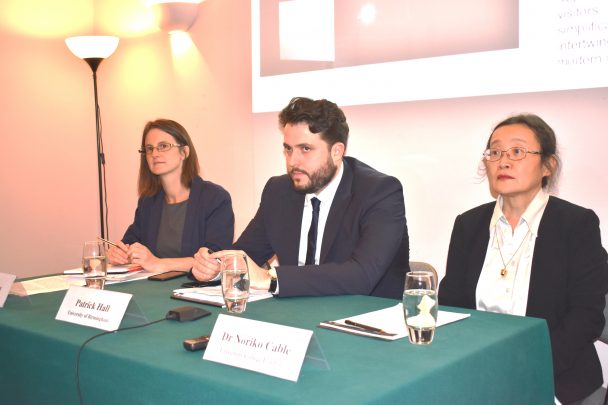 Seminar
SeminarTuesday 9 October 2018
6:00pm – 7:30pm
Health and Care Systems in the Era of Super Ageing
ドリンクレセプション 7:30pm – 8:00pm
13/14 Cornwall Terrace, Outer Circle (entrance facing Regent's Park), London NW1 4QP
大和日英基金 主催
Various demographic, social and economic shifts across Europe and Asia have increased concern regarding the ability of these societies to provide sufficient quality and quantity care for their older citizens. As both the UK and Japan continue to age, health and care systems will have to adapt to be able to afford health services. To put it in context, in Japan in 2016 27.3% of the population were over 65 and, according to OECD figures, health care expenditure has risen from 6.3% of GDP in 1995 to 10.9% in 2015. In the UK, 18.5% of population are currently over 65 and health care expenditure accounted for 9.8% of GDP in 2016. How health and care systems adapt to cope with these challenges is a key issue in both the UK and Japan.
In this seminar, Dr Noriko Cable discussed the current status of the Japanese health and care system. She looked at the reforms which are taking place and explained what other changes, such as greater integration and a shift from cure to care, are necessary to create a health system which can deliver quality care at an affordable level. Patrick Hall then looked at how changes in societies have created new social challenges, and the effects that these changes have had on the concept and provision of care and the composition of care systems. He then discussed his work in comparing care regimes in the UK and what he thinks the British and Japanese systems can learn from one another.
A video of the talk can be found here:
コントリビューターについて
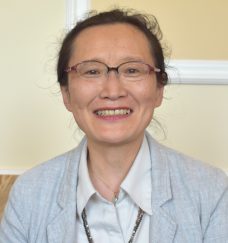
Dr Noriko Cable
Dr Noriko Cable is a Senior Research Fellow at the Department of Epidemiology and Public Health, University College London. She works on social relationships, alcohol use and mental health from childhood to late adulthood as well as cross-national examinations of mental health. Her work appears in the booklets Life gets under your skinand Never too early, never too late published by her research group, the International Centre for Lifecourse Studies in Society and Health (ICLS). Dr Cable’s recent work has focussed on the question ‘What can the UK and Japan learn from each other to promote healthy ageing?’, which she discusses in Sleep Medicine (2017) and Gerontology (2018, Editor’s choice).
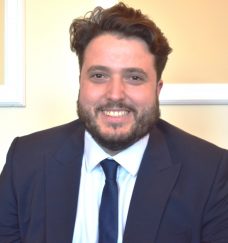
Patrick Hall
Patrick Hall is a Fellow at the University of Birmingham and is a part of the ESRC-funded Sustainable Care Programme, a collaboration with the Centre for International Research on Care, Labour & Equalities at the University of Sheffield. Patrick is a former Fellow of the King’s Fund, where he contributed to a number of publications on older people’s social care in the UK. He also previously worked in the policy development for The Social Care Institute for Excellence (SCIE), working with the Department of Health and Social Care, local authorities and NHS organisations on the implementation of the Care Act 2014.
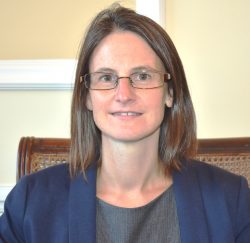
Natasha Curry
Natasha Curry (Chair) joined the Nuffield Trust in 2011 as a Senior Fellow in Health Policy. Prior to joining the Trust, she worked as a Fellow in Health Policy at the King’s Fund. She has researched and published on a range of topics, including clinical commissioning, integrated care, primary care, long-term conditions and NHS and social care reform. Her current interests include the development of integrated care systems and accountability within the NHS. Natasha also has an interest in international health and social care systems. She has visited Japan twice to study its long-term care system and recently published a paper reflecting on the lessons England could learn as it considers the future of its own social care system. Previously, Natasha has worked as a consultant in health at Matrix Research & Consultancy Ltd and as the Evaluations Officer at the Chinese National Health Living Centre, prior to which she spent time living and working in China. Natasha has a degree in geography from Cambridge University.
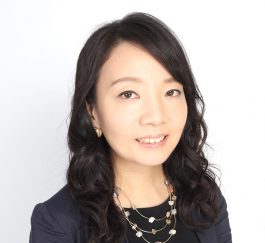
Haruka Sakamoto
Haruka Sakamoto, MD MPH, is a primary care physician and researcher at the Department of Global Health Policy, Graduate School of Medicine, University of Tokyo. She received her MD from Sapporo Medical University and her MPH from the Harvard T.H Chan School of Public Health. Haruka previously worked for the Japanese Ministry of Health, Labour and Welfare in the department of international cooperation, where she focused on health policy activities in Japan. Her work involved bilateral cooperation activities through the Japan International Cooperation Agency and she also participated in WHO and G7 meetings. Haruka is currently a consultant for the Gates Foundation, Tokyo, and an adjunct lecturer at the Department of International Affairs and Tropical Medicine, Tokyo Women’s Medical University. Her current research focuses on: health system strengthening, health care financing, politics in global health, universal health coverage, ageing societies, and innovations for new medicines.